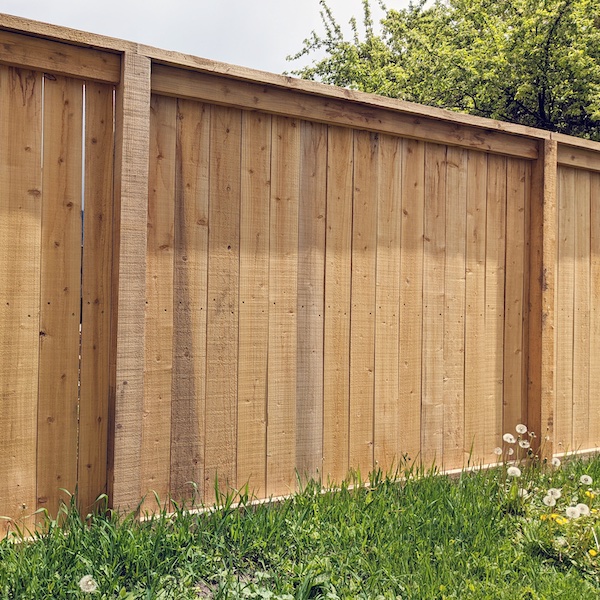All Categories
Featured

Choosing the right fencing material is vital for accomplishing the balance of resilience, looks, and performance that matches your residential or commercial property. Wood, plastic, and aluminum are prominent selections, each with unique features that cater to certain requirements. Here's an extensive consider the advantages and negative aspects of these three materials.
Wood Secure Fencing. Pros:. Classic Appeal: Timber offers a natural, timeless look that enhances different building designs. Adjustable: It can be painted or tarnished in a selection of layouts and shades. Budget friendly: Wood fences are often less costly in advance than plastic or aluminum. Eco-Friendly: As a sustainable resource, timber is lasting and naturally degradable when sourced properly. Disadvantages:. Maintenance-Intensive: Requires normal discoloration, painting, or sealing to protect against climate and insects. Much Shorter Life-span: Relying on the type of wood and climate, it commonly lasts 10-15 years. Susceptability to Damage: Prone to deteriorating, bending, and termite damage without appropriate care. Timber is optimal for home owners that value aesthetics and agree to invest time and effort in upkeep to extend its life.
Vinyl Fencing. Pros:. Long lasting: Resistant to pests, rot, and weather condition, plastic keeps its framework in extreme conditions. Reduced Maintenance: Needs little upkeep past periodic cleaning. Lengthy Life-span: Plastic can last 20-30 years without considerable wear or damage. Flexible Designs: Readily available in numerous shades, appearances, and styles, including alternatives that imitate timber. Disadvantages:. Expensive Installment: Plastic fencings are much more pricey to mount contrasted to timber. Breakable in Cold Weather condition: Plastic can break in severe cold climates. Hard to Repair: If harmed, whole sections might need substitute, which can be testing to match. Plastic fencing is a great choice for those prioritizing durability and very little maintenance, also if it includes a greater in advance expense.

Aluminum Secure Fencing. Pros:. Rust-Resistant: Aluminum does not rust, making it excellent for wet or humid locations. Strong yet lightweight: Offers stamina without being extremely heavy, which streamlines installation. Reduced Maintenance: Calls for little bit even more than cleansing and occasional repainting. Durability: Aluminum fences can last for decades without significant wear and tear. Sophisticated Styles: Frequently used for attractive functions, light weight aluminum includes refinement to any type of building. Disadvantages:. High Preliminary Price: Light weight aluminum fences are amongst the a lot more costly choices. Minimal Privacy: Often designed with open rooms, they don't obstruct views or noise. Susceptible to Damages: While strong, aluminum can be nicked or curved with heavy impact. Light weight aluminum is ideal fit for those who want a long-lasting, fashionable fence and do not require total privacy.
Making the Right Choice. Each material has its weak points and strengths:

Wood is best for conventional visual appeals and eco-conscious buyers who don't mind maintenance. Plastic functions for homeowners looking for a weather-resistant, low-maintenance service. Aluminum is a sturdy, decorative alternative for those that want beauty and longevity. Consider your concerns-- whether it's cost, look, personal privacy, or upkeep-- and seek advice from a fence specialist to pick the product that best fulfills your needs. A well-selected fencing will enhance your building for years ahead.
Latest Posts
Change Your Home with Durable Hardwood Flooring from Carpet Interiors Floor & Home
Published Apr 19, 25
1 min read
Montclare Auto Repair: Your Reliable Expert for Expert Brake & Engine Fixes
Published Apr 19, 25
2 min read
Secure Your Future with WyHy's Special Certificate Options
Published Apr 18, 25
1 min read
More
Latest Posts
Change Your Home with Durable Hardwood Flooring from Carpet Interiors Floor & Home
Published Apr 19, 25
1 min read
Montclare Auto Repair: Your Reliable Expert for Expert Brake & Engine Fixes
Published Apr 19, 25
2 min read
Secure Your Future with WyHy's Special Certificate Options
Published Apr 18, 25
1 min read